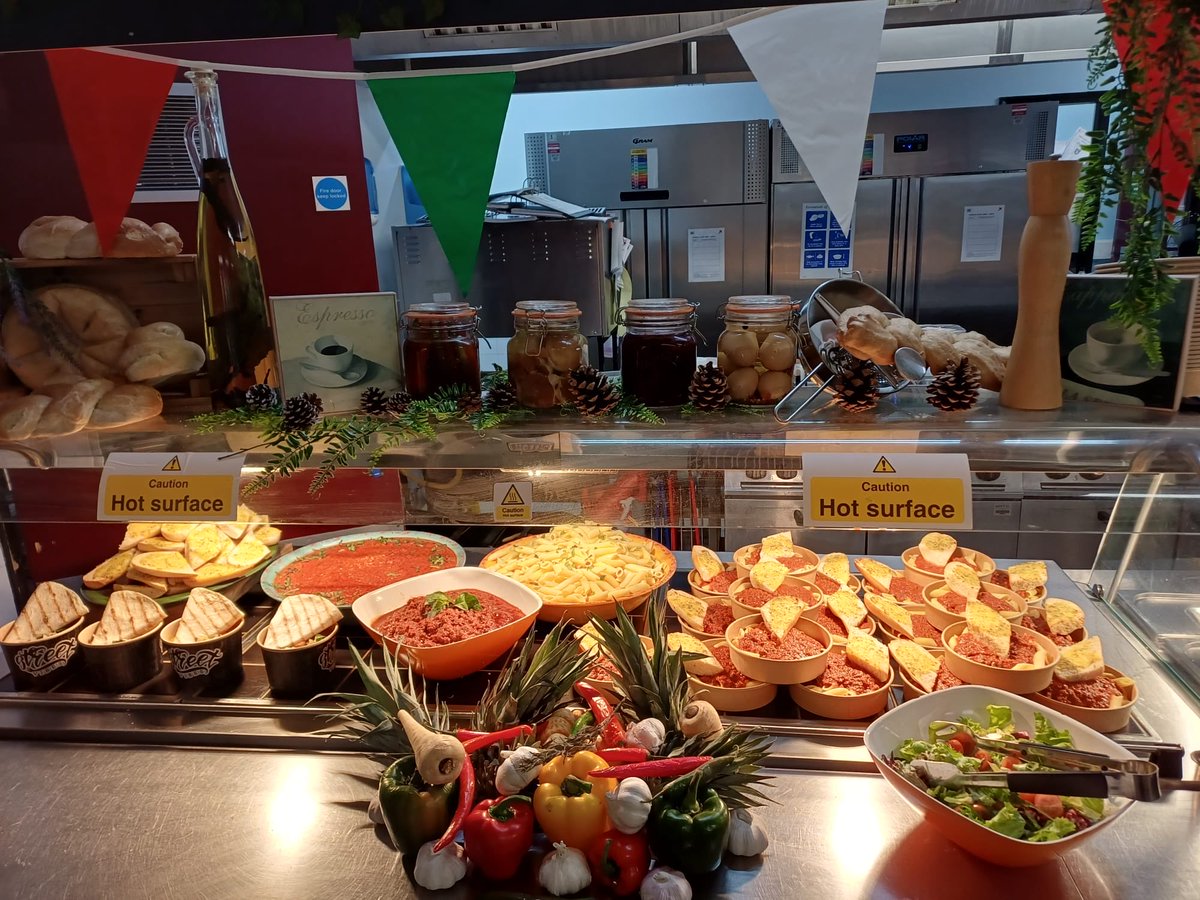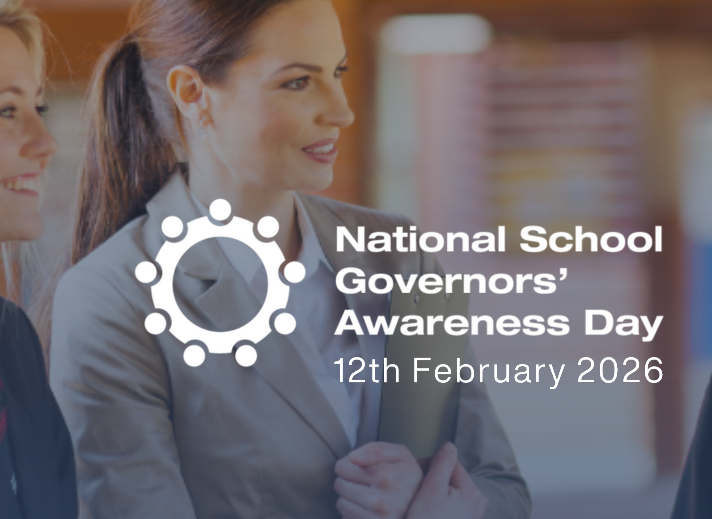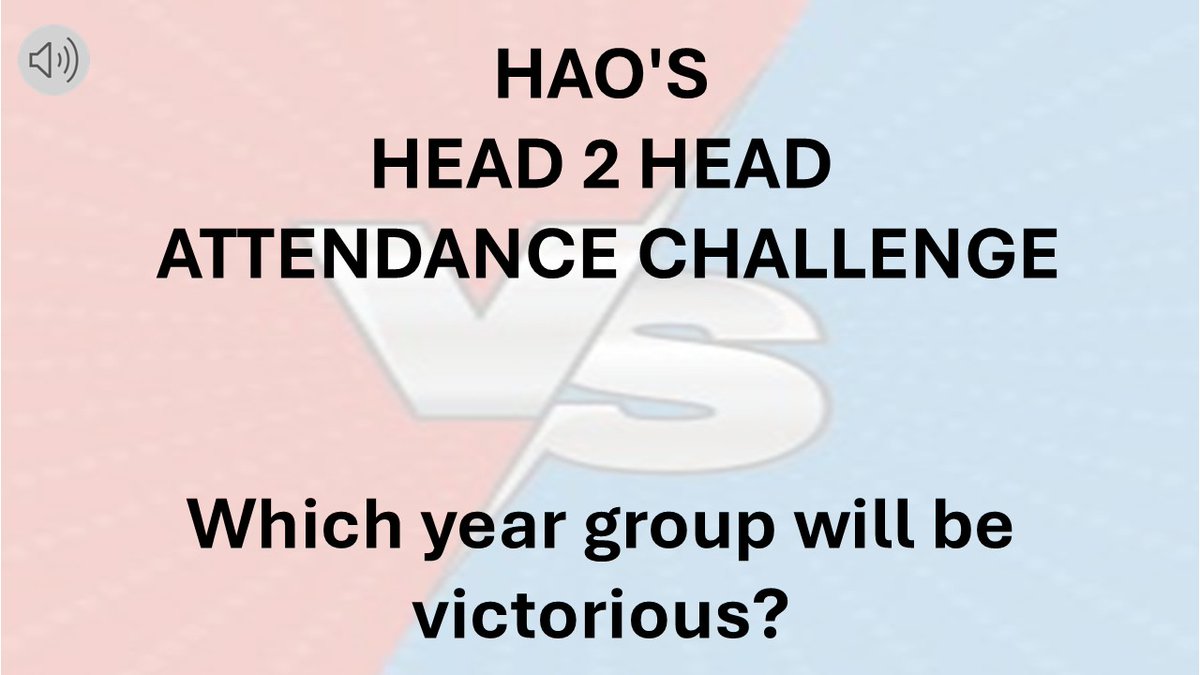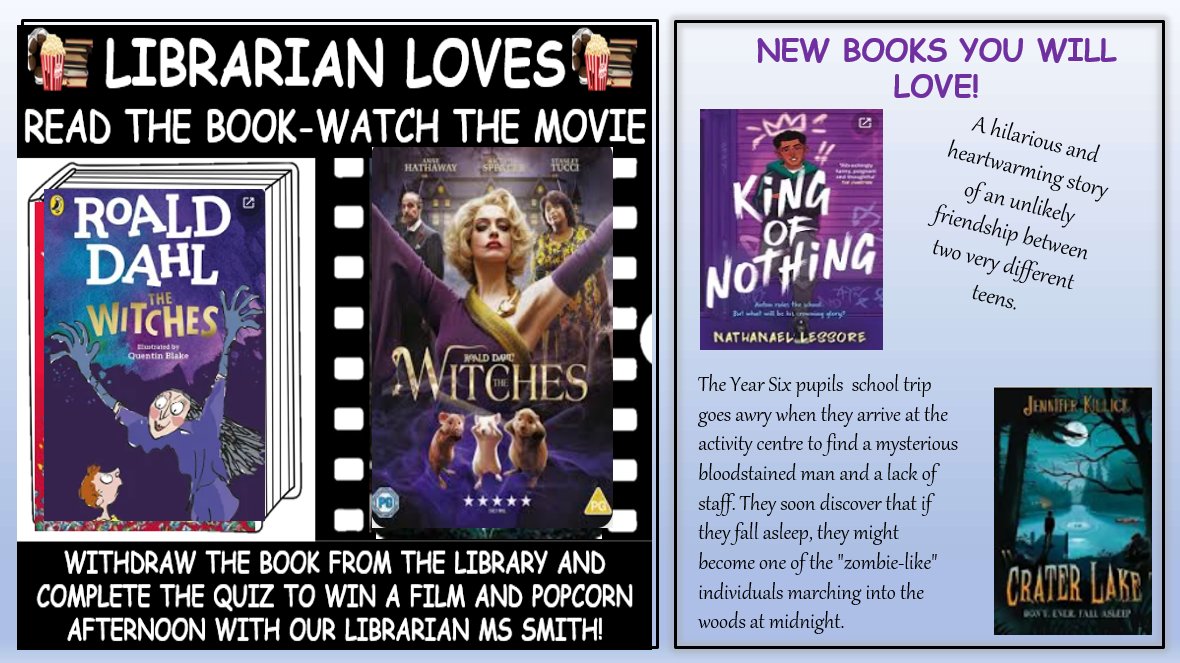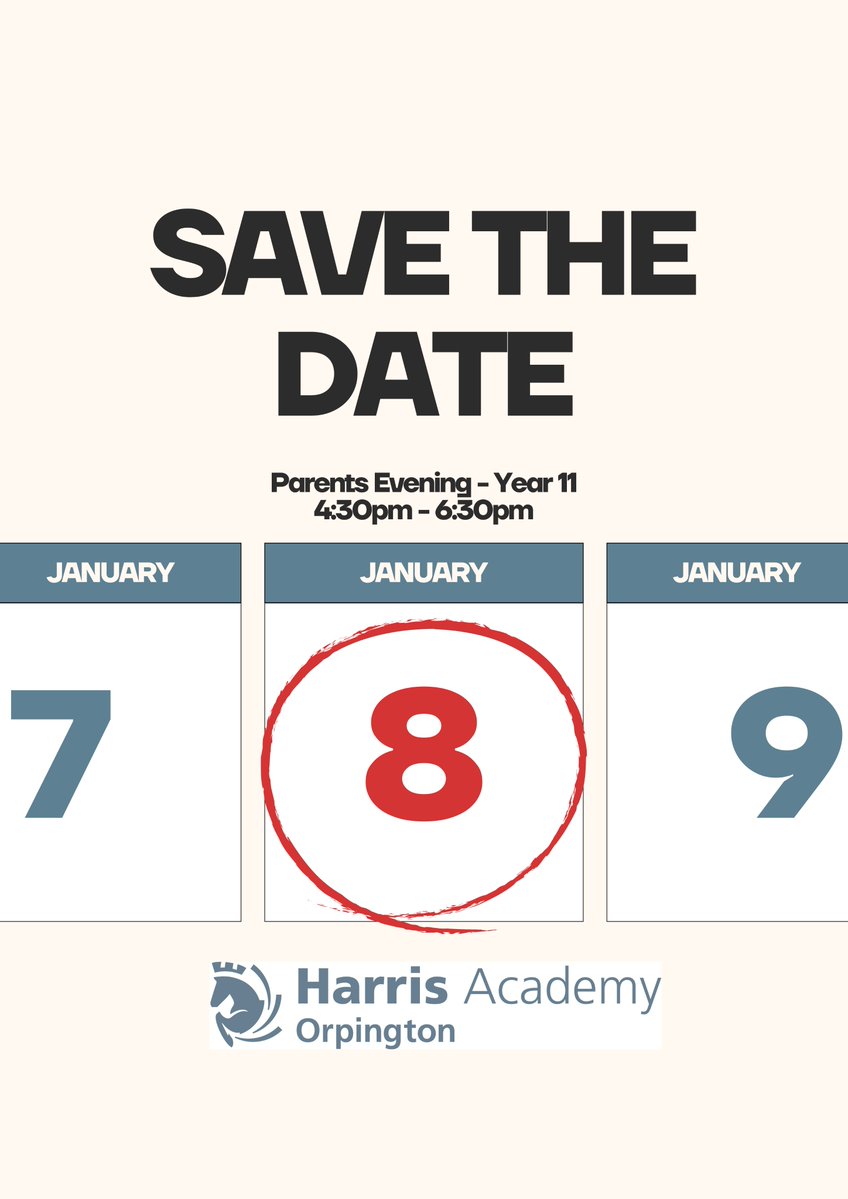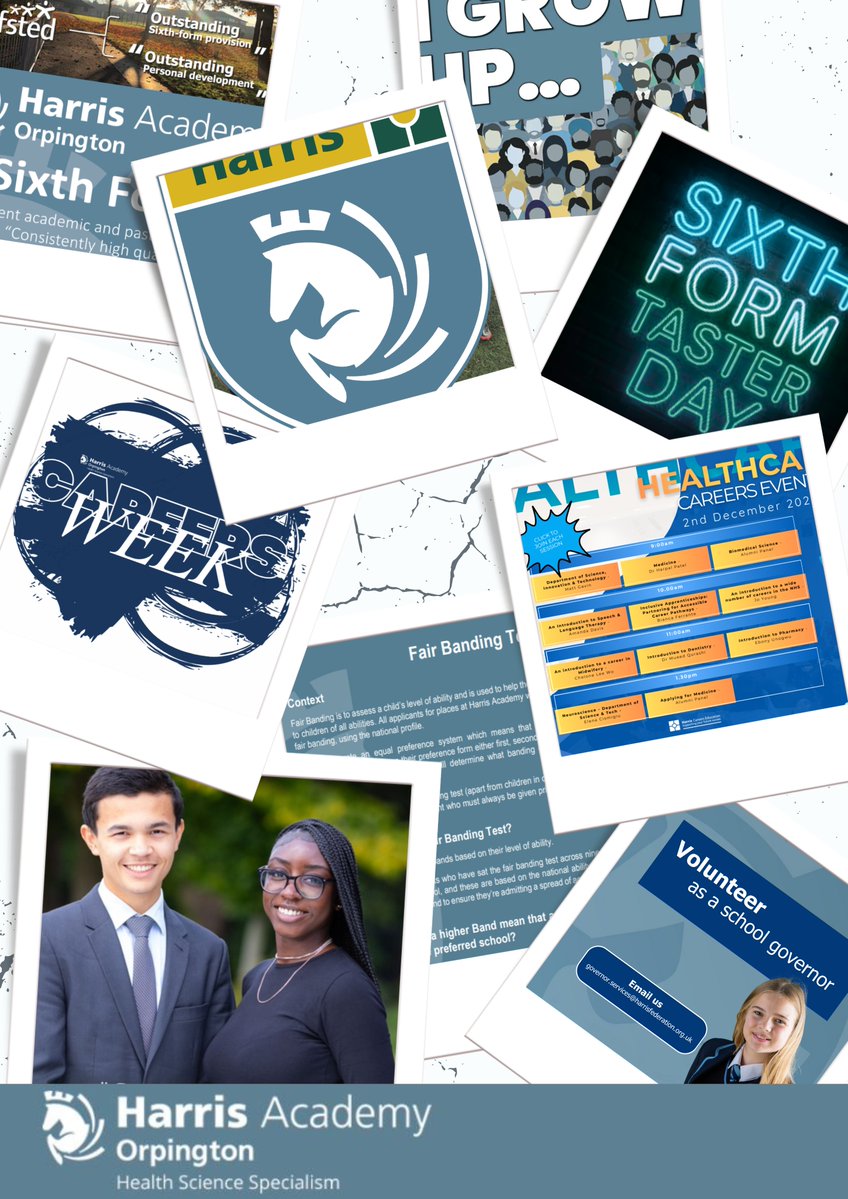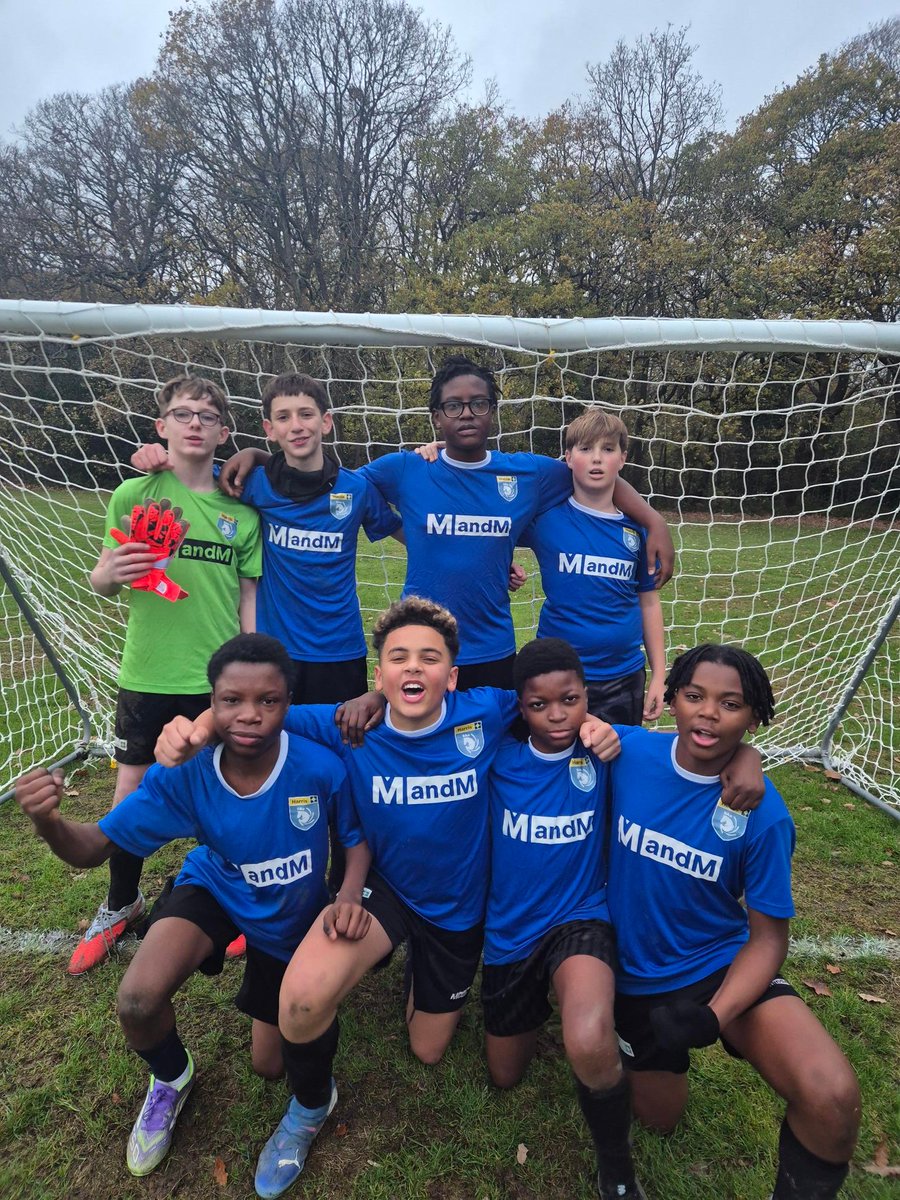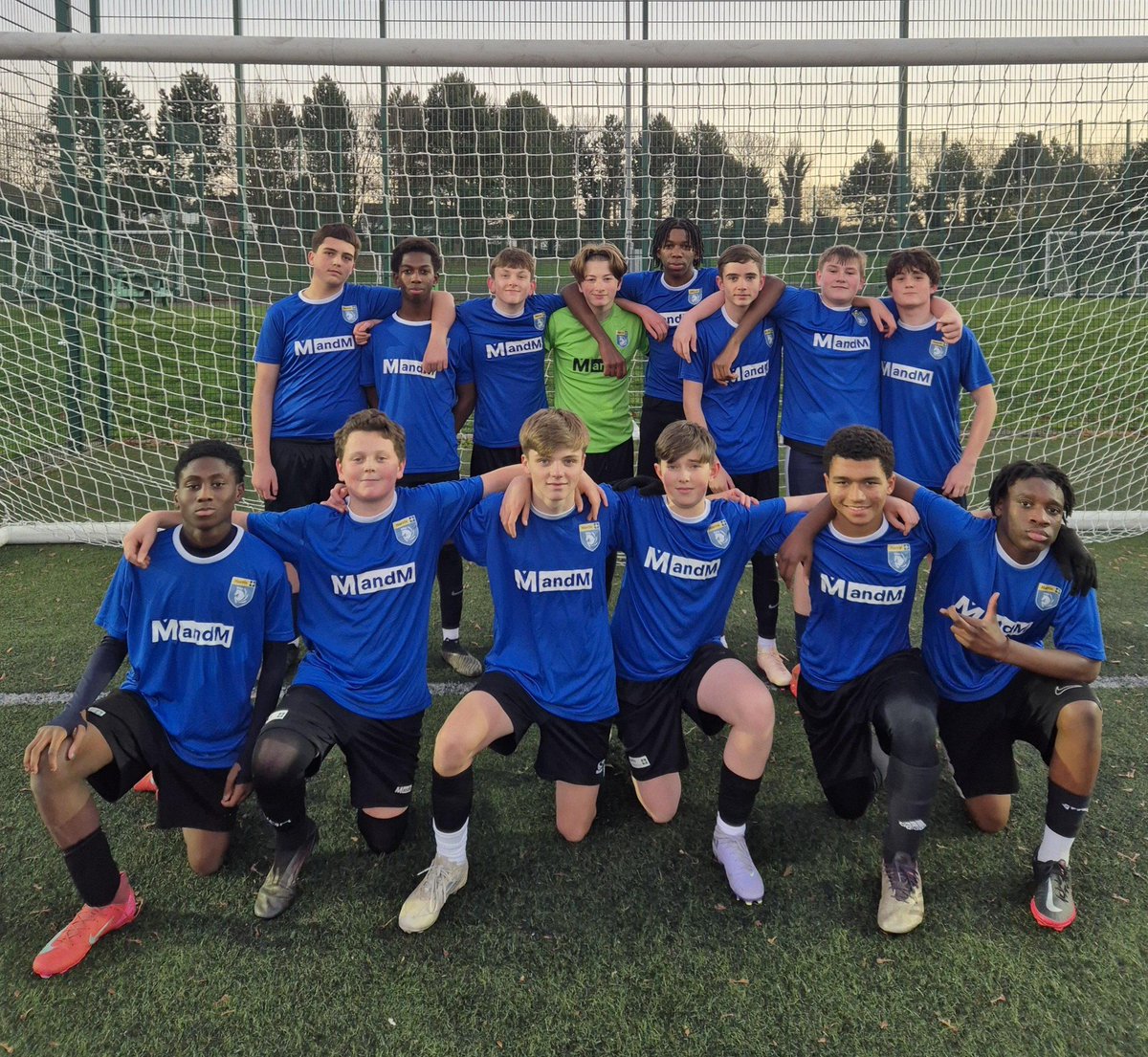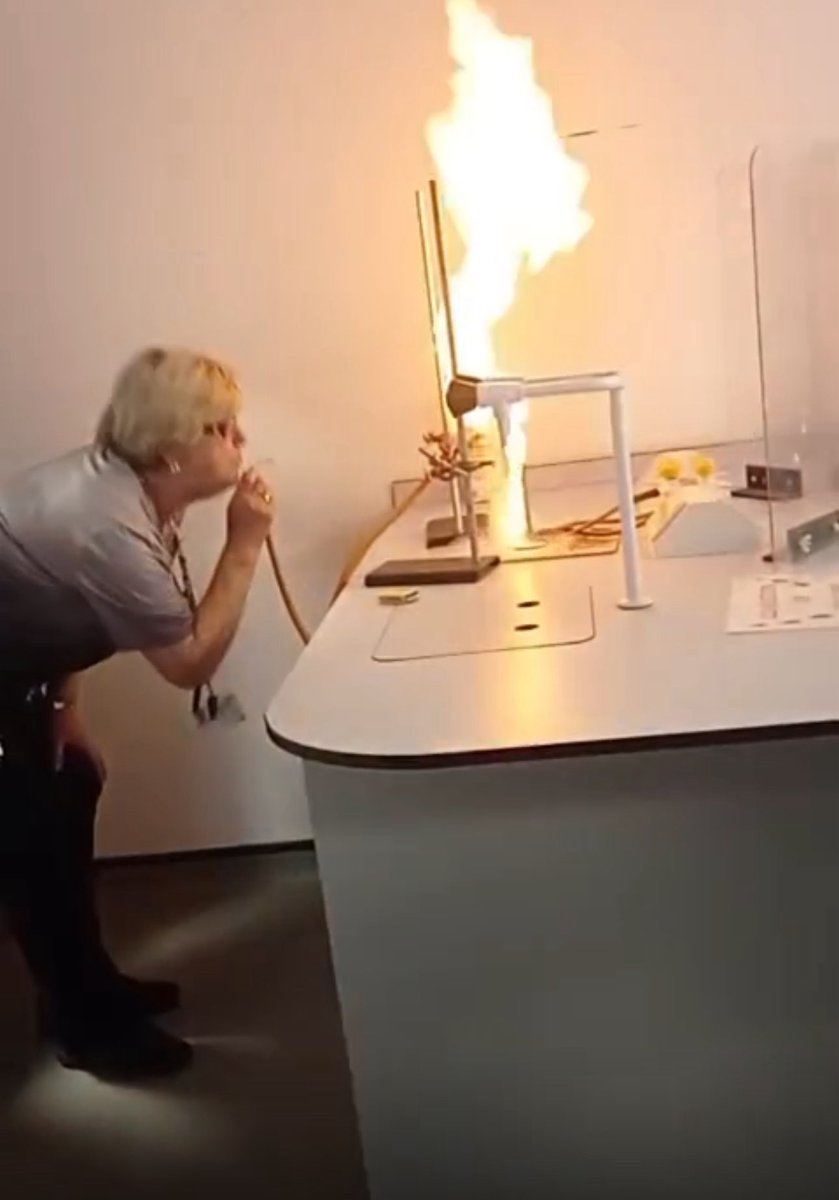Computer Science
The Computer Science curriculum at Harris Academy Orpington intends to both compliment the wider curriculum intent to guide students in their pursuit of knowledge, understanding and curiosity and developing the ethos that Together we Can succeed, and to promote computational thinking and digital creativity. We want our students to develop the foundations to enable them to be discerning, life-long learners in a fast-moving and evolving landscape. We want the students to assess the effects of this sometimes-disruptive influence and make changes based on a solid knowledge of the technology sector, building their resilience in the face of adversity and an ability to confidently use technology effectively.
Computing has deep links with Mathematics, Science, and Geography, and provides insights into both natural and artificial systems. At Harris Academy Orpington the core of computing is delivered across core subject areas including Maths and Geography where pupils are introduced to a wide range of technology; hardware including laptops, tablets and interactive whiteboards, and Microsoft software, allowing them to continually practice and refine the skills they learn, remaining committed to their own success across the curriculum. This ensures they become digitally literate so that they can express themselves and develop their ideas through information and computer technology– at a level suitable for the future workplace and as active participants in a digital world.
What is the intention of the Computer Science Curriculum?
A modern Computer Science curriculum sits on the intersection of science and creativity. It possesses a strong scientific base, fashioned as it is on logical and mathematical principles, and dexterity within the key aspects of Computer Science enable students to unleash their creative minds.
It encompasses a variety of complementary strands, incorporating:
Computational thinking – the principles of solving real world problems and designing systems through decomposition, abstraction, pattern recognition, logical and algorithmic reasoning, and data representation
Digital literacy, safety and creativity – the ability to locate, evaluate and use digital hardware and software in a creative or purposeful and safe manner. Incorporating ergonomic aspects such as the prolonged use of a tablet, mouse or keyboard.
Information technology – the ability to capture and analyse data, and to make relevant changes in response to the data presented, using either software or hardware devices
Communication – the exchange of information between multiple parties, not necessarily via digital media. This is of particular relevance given the remote learning implementation in light of the recent lockdown restrictions, and the likely blended learning approach that our academies will be taking from September 2020 onwards.
Ethical and social impact – revolving around the legal and moral principles that govern how an individual or a collective body of people conduct themselves. At present this would be largely using digital media as a conduit – such as the use of social media apps in relation to cyber bullying or internet safety or copyright law. Increasingly social and ethical questions will arise with respect to the digital divide, privacy and how we relate to Artificially Intelligent entities, and how they relate to us.
Resilience and independence – many Computer Science concepts will be unfamiliar to the students, in particular units which entail elements such as binary manipulation, programming or logical theory. An essential component of successfully solving complex challenges is the ability to independently break down, tackle and solve problems, and to develop a level of resilience in their approach to this. The curriculum activities below lend themselves to an approach which develops resilience and independence, both in class and through consolidatory activities at home, and the Harris Federation CS team is able to provide resources and professional development with respect to boosting these skills.
It is important to be cognisant of the technological trends of the 21st Century, but the intention of the Computer Science curriculum at Harris Academy Orpington is not simply to equip students to attain employment in a variety of information technology jobs. It is to foster within them a deep understanding of the principles outlined above, and to provide them with the communication skills, the flexibility of mindset, and the fearlessness when tackling complex problems that will serve them so well in the future.
At Harris Academy Orpington we have adapted our curriculum to ensure that we offer a rich and comprehensive curriculum offer to all students ensuring any disruptions to learning due to the pandemic are addressed.
How will this be implemented?
This Computer Science scheme of work has been developed to reflect the current National Curriculum for Computer Science in Key Stage 3. At Key Stage 3 students will receive one lesson of 50 minutes in length per week. The units of work are intended to be delivered over half-termly blocks, with assessment at key points throughout the year.
Sequencing
The units have been developed in a sequence, with the aim that pupils will progress logically and gradually throughout their KS3 experience. They develop knowledge and skills and then rely on them to advance through the syllabus. For example, Y7 are introduced to programming constructs through scratch, this is then reintroduced using text-based programming in Y8 and in Y9 students will apply this to more advanced programming concepts.
In Y8 topics cover further elements of e-safety which are revisted and built on in Y9s through cyber security. In Autumn 1, after two refresher lessons on using the school networks, Year 8 build on their knowledge of logic gates and binary circuits learnt in Summer 1 Y7, through data representation and number systems. This topic is revisited in Y9 looks and audio, visual representation while providing an opportunity to reinforce learning and address misconceptions. An understanding of data representation in Year 8 allows for a greater appreciation of the flow of bits that underpin Python programming in the Summer term, and of image manipulation in Spring.
Similarly, the Year 9 units are sequenced in such a way that pupils will be introduced to data science, applying skill they learnt in Y8 Modelling Spreadsheets to a very relevant field in Computer Science. Media units and Python programming are included. It is also to be noted that many of the concepts outlined lend themselves to interleaving. The units outlined below are block-based in the sense that they are discrete topics with discrete forms of assessment, but the concepts flowing throughout them can be revisited again and again. Thus Python programming for Year 8 allows the teacher to revisit the concepts of file management and suffixes at a local/network computer level. Another example is of data handling with spreadsheets in Year 8 many of these concepts allow a teacher to remind pupils of core computational thinking concepts such as abstraction, modelling and decomposition.
The sequencing at KS3 is also designed to progressively build digital literacy skills by taking into consideration that some Year 7s may not have had a rich computing curriculum in primary, while using contextual learning to provide stretch and challenge for those who have had more experience using different hardware and software.
National Curriculum Subject content
Year 10 – Cambridge Nationals IT Level 2 – J836
The Cambridge National in IT will encourage students to:
• understand and apply the fundamental principles and concepts of IT, including the use of IT in the digital world, Internet of Everything, data manipulation and Augmented Reality
• understand, apply and use IT appropriately and effectively for the purpose and audience • develop learning and practical skills that can be applied to real-life contexts and work situations
• think creatively, innovatively, analytically, logically and critically
• develop independence and confidence in using skills that would be relevant to the IT sector and more widely
• plan, design, create, test and evaluate/review IT solutions and products which are fit for purpose and meeting user/client requirements and apply design and Human Computer Interface (HCI) considerations appropriate for a defined audience • understand the impacts of digital technologies on the individual, organisation and wider society.
Content overview
Mandatory
R050: IT in the digital world – 40% Externally assessed Paper 1hr 30 Mins
In this unit, students will learn the theoretical knowledge and understanding to apply design tools for applications, principles of human computer interfaces and the use of data and testing in different contexts when creating IT solutions or products.
Students will understand the uses of Internet of Everything and the application of this in everyday life, cyber-security and legislations related to the use of IT systems, and the different types of digital communications software, devices, and distribution channels.
R060: Data manipulation using spreadsheets – 30% - 12 Hour NEA
In this unit, students will learn the skills to be able to plan and design a spreadsheet solution to meet client requirements. They will be able to use a range of tools and techniques to create a spreadsheet solution based on their design, which they will test.
Students will be able to evaluate their solution based on the user requirements.
R070: Using augmented reality to present information – 30% - 12 Hour NEA
In this unit, students will learn the purpose, use and types of augmented reality (AR) in different contexts and how they are used on different digital devices. They will develop the skills to be able to design and create an AR model prototype, using a range of tools and techniques.
Students will also be able to test and review their AR model prototype.
Possible Routes for further study after completion


